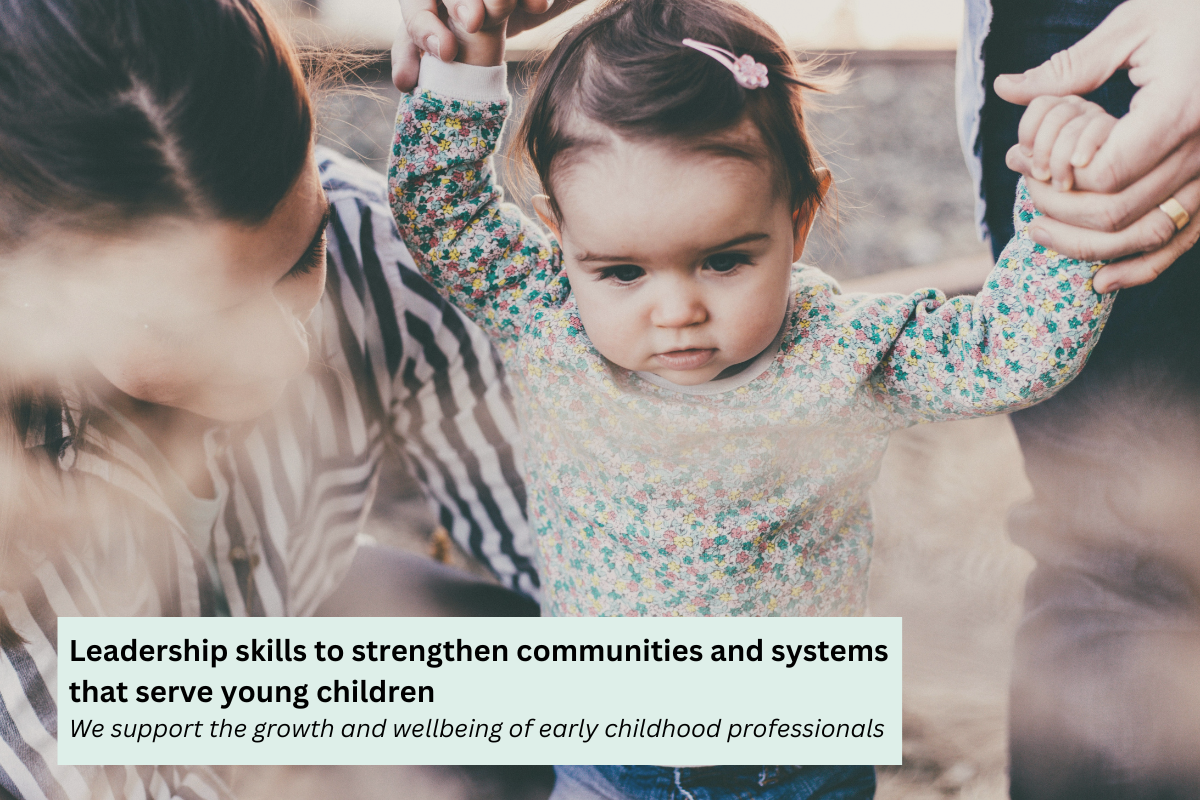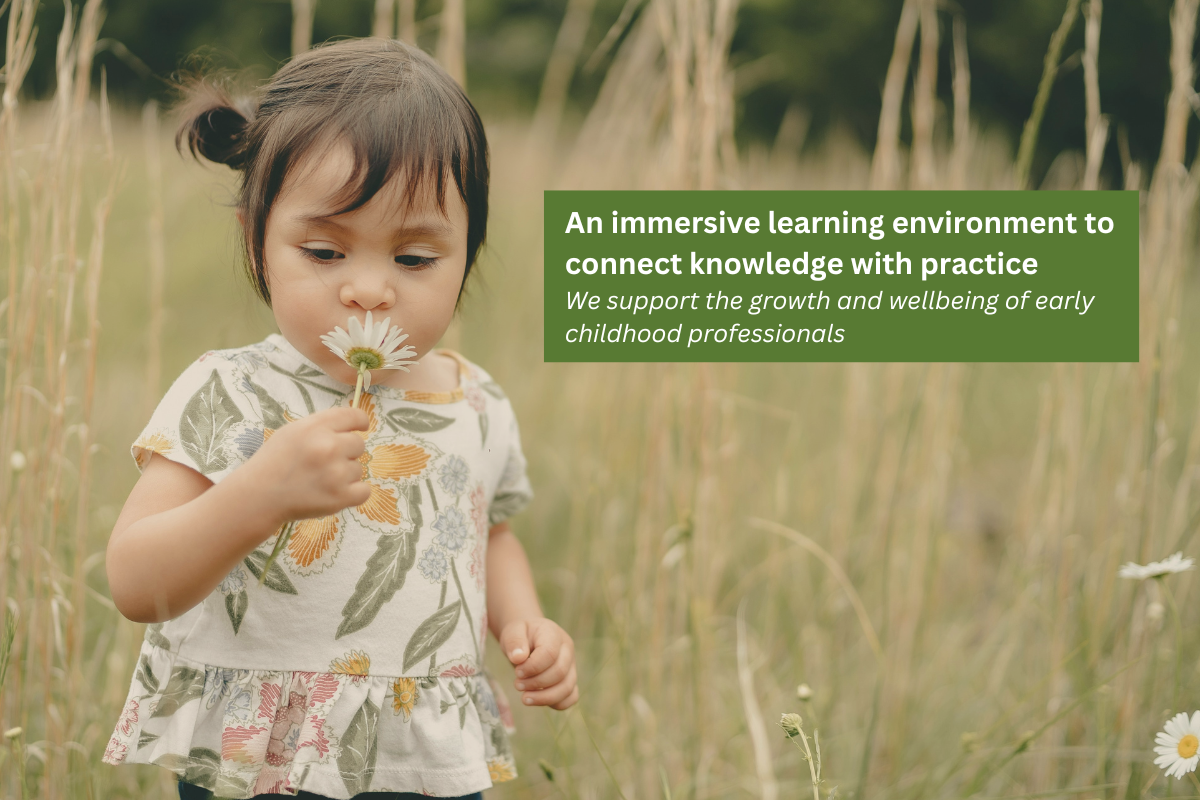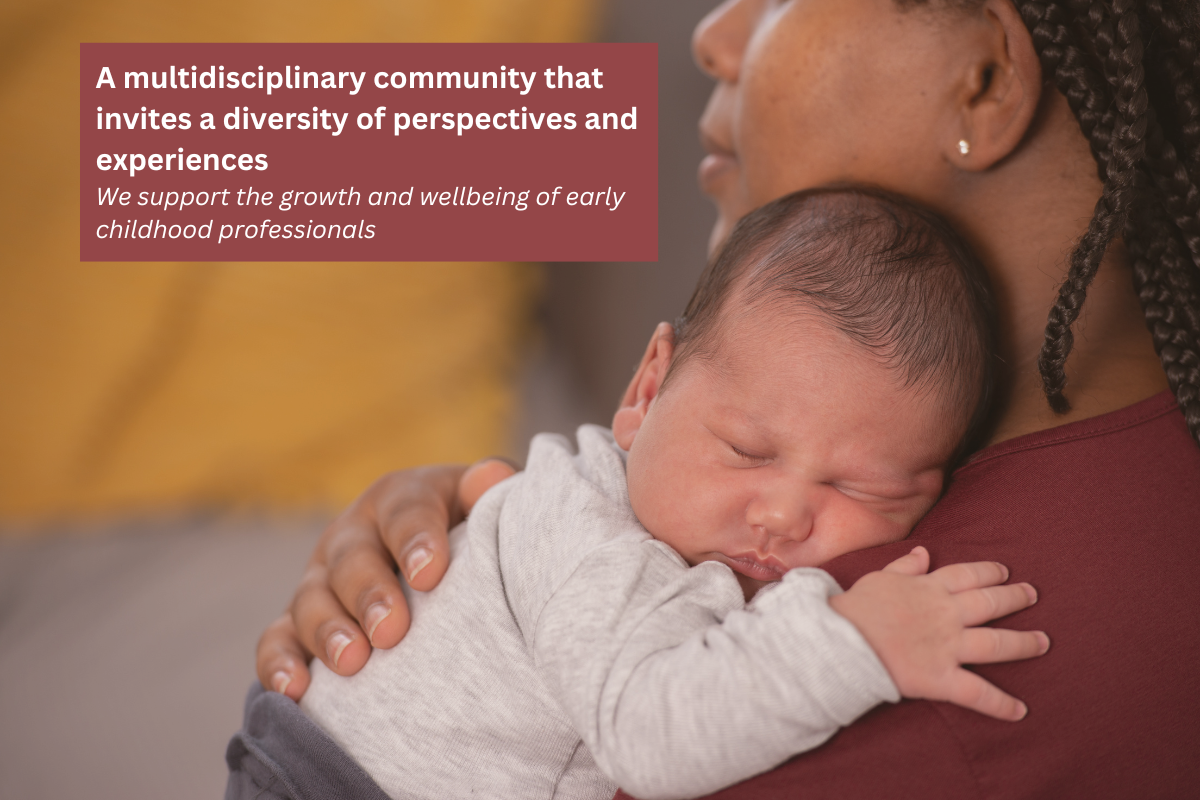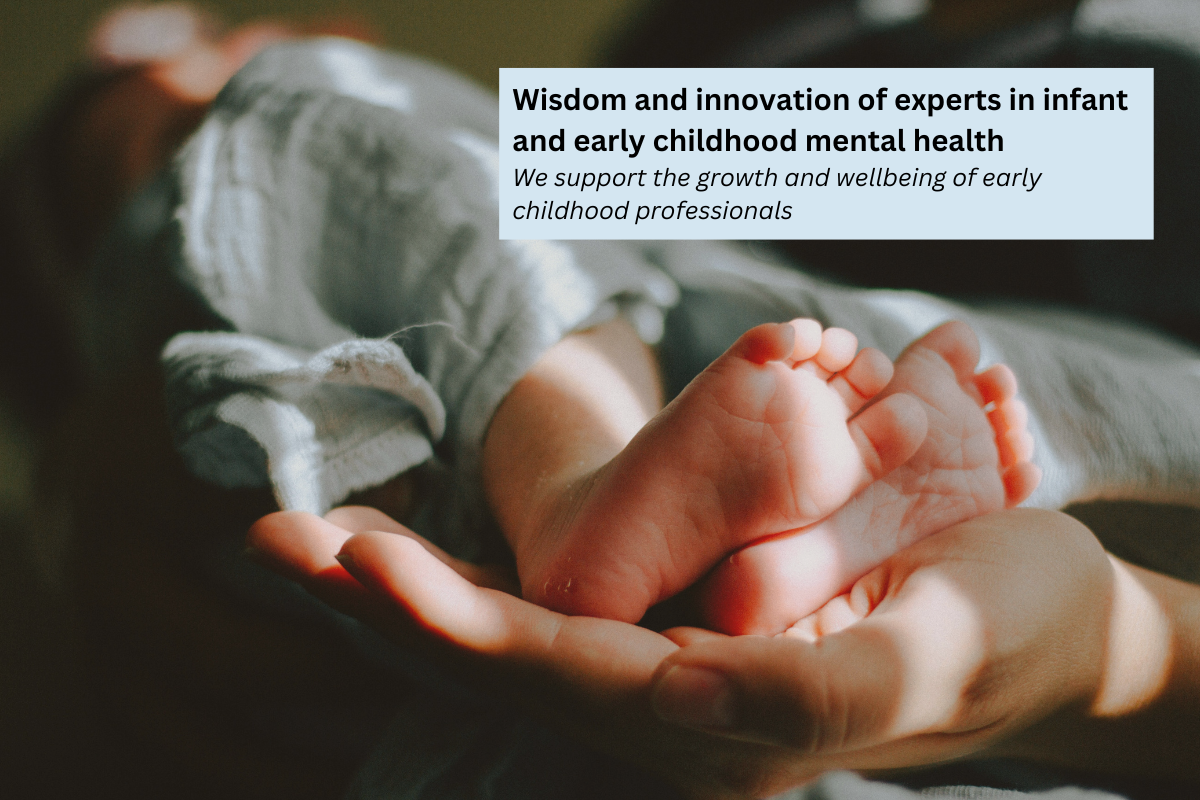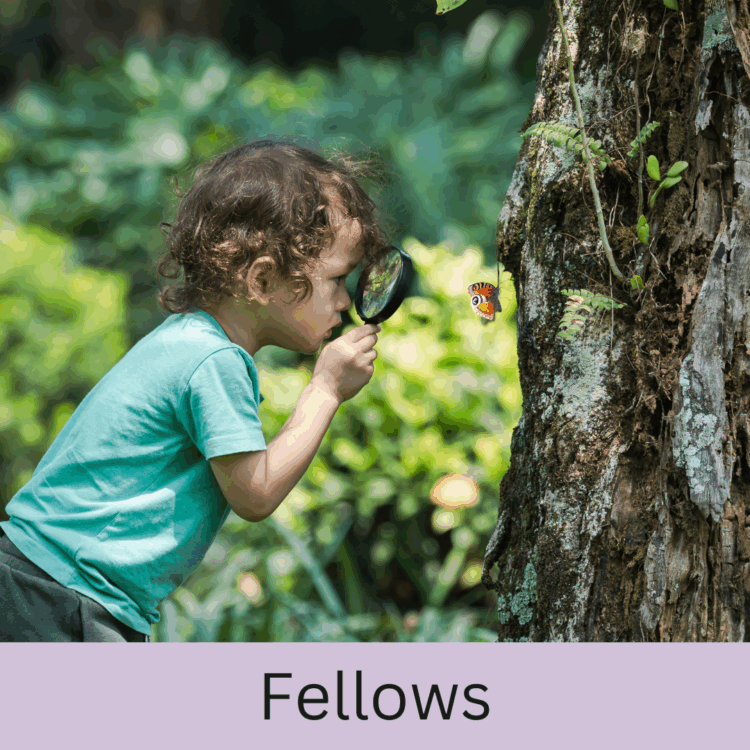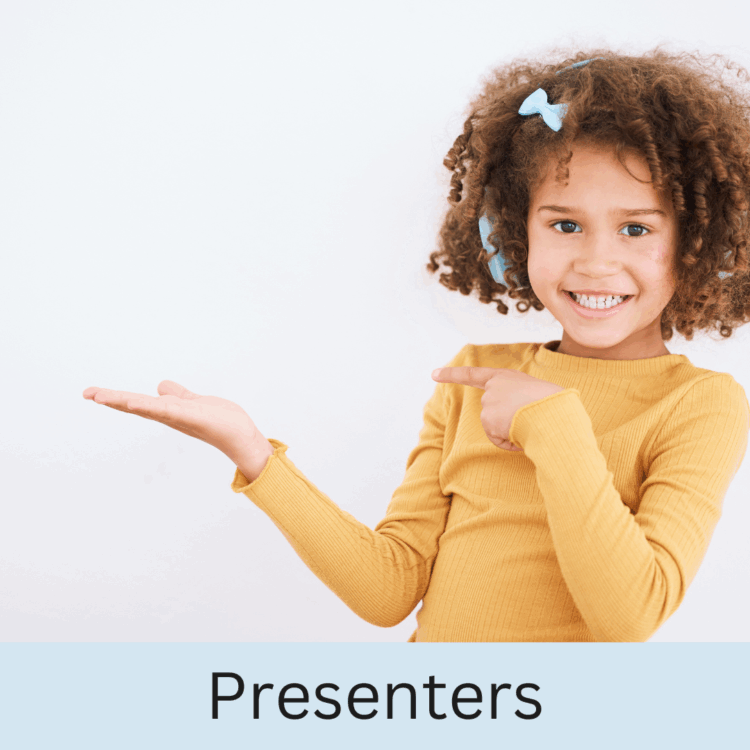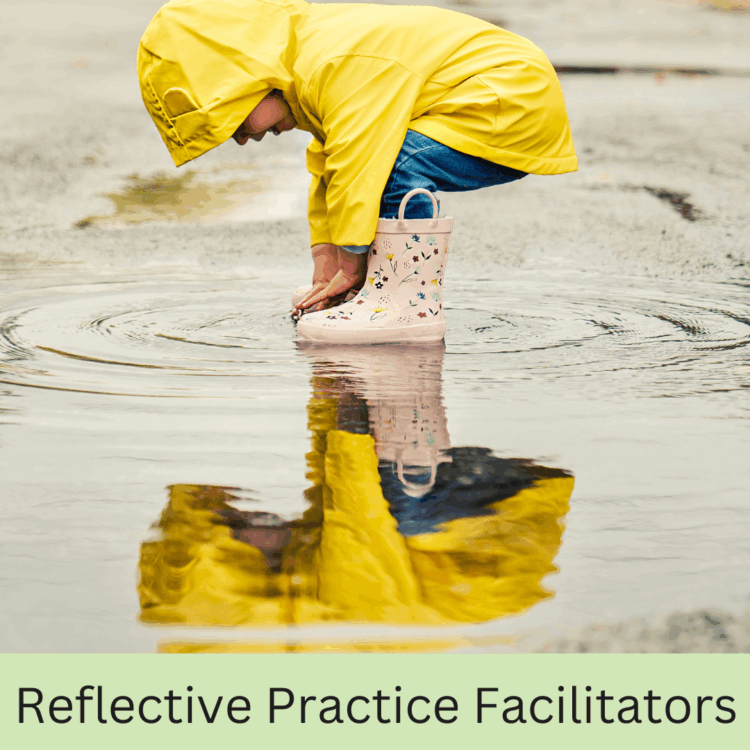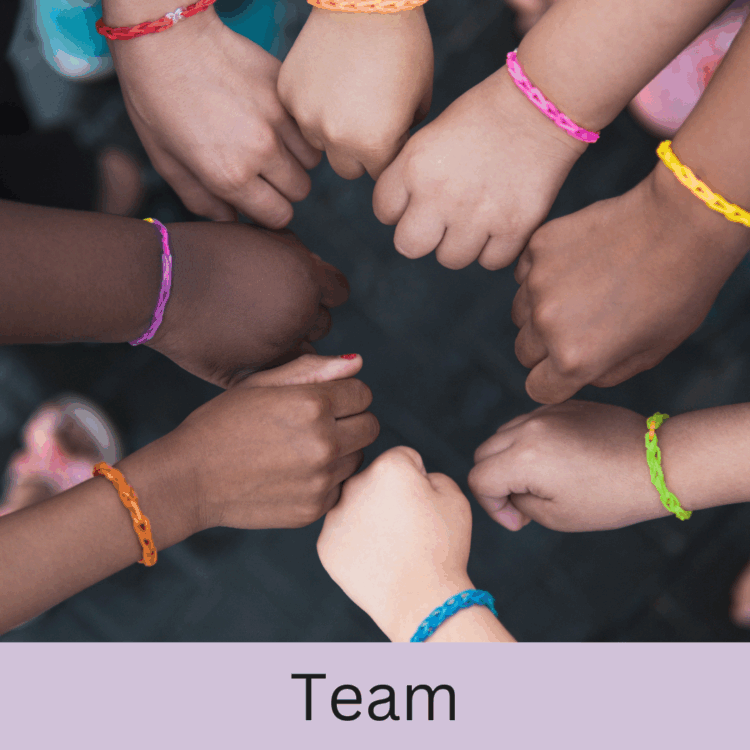DMH + UCLA Early Childhood Fellowship
The DMH + UCLA Early Childhood Fellowship is designed to support the growth and wellbeing of professionals working with young children and families in Los Angeles County and beyond. For 10 months, Fellows come together to learn, practice, and reflect on the application of key knowledge and skills that promote resilience in young children and their families. Fellows learn from national and local experts and collaborate with colleagues to create and implement innovative approaches to address the challenges faced by families with young children in their communities.
The DMH + UCLA Early Childhood Fellowship was developed through a partnership between the Los Angeles County Department of Mental Health (LACDMH) and the UCLA Prevention Center of Excellence. The Fellowship is offered at low cost to professionals working in Los Angeles County through the generous support of LACDMH.
Open to professionals working in and outside of LA County.
The Fellowship Experience
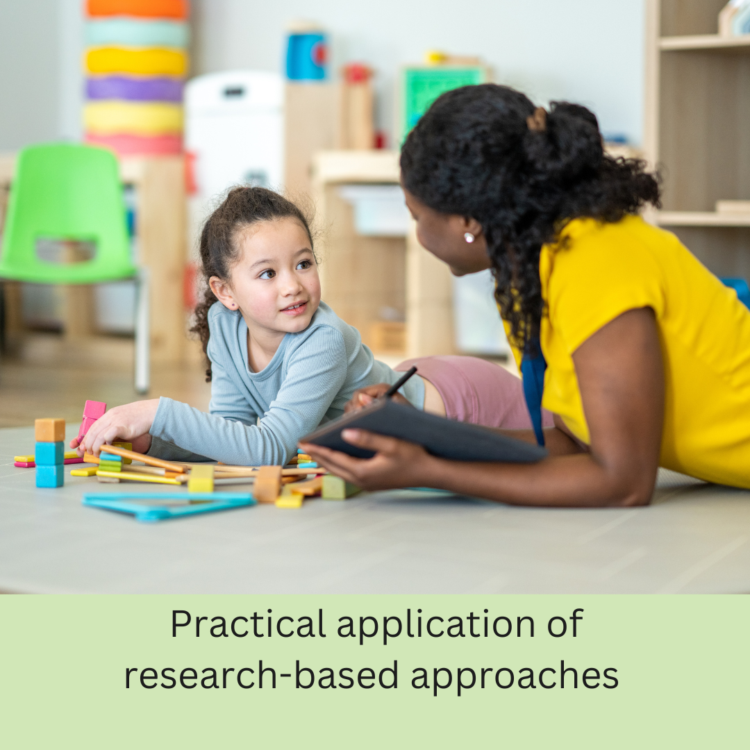
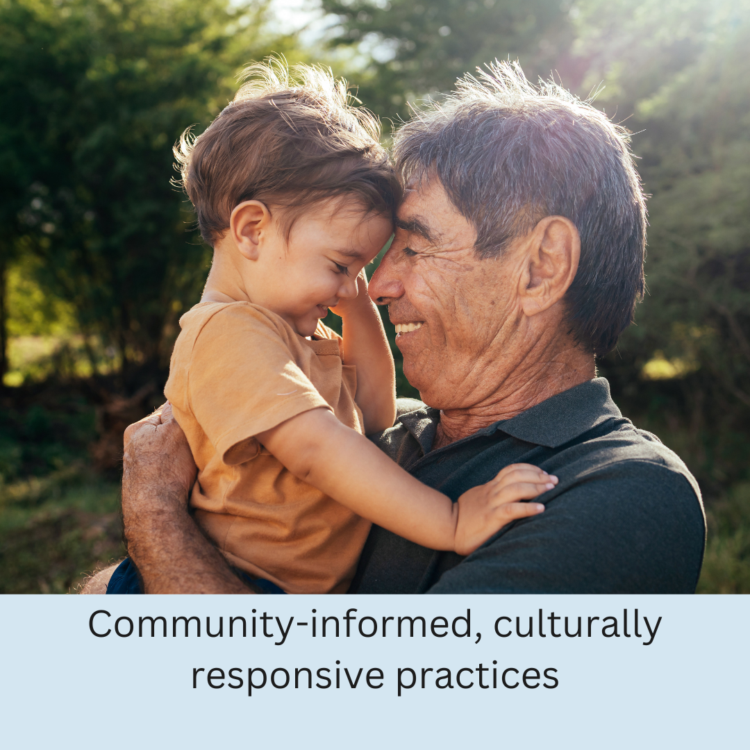
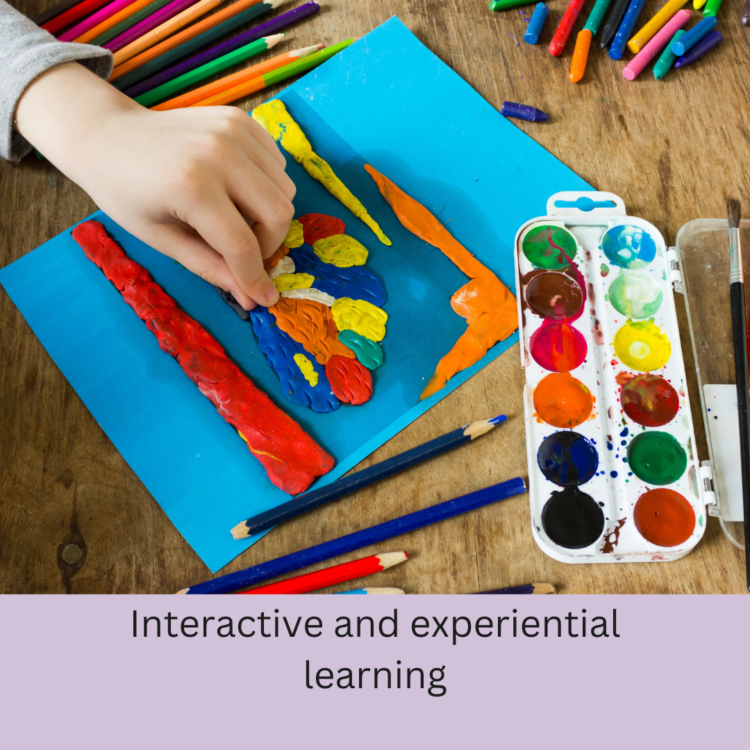


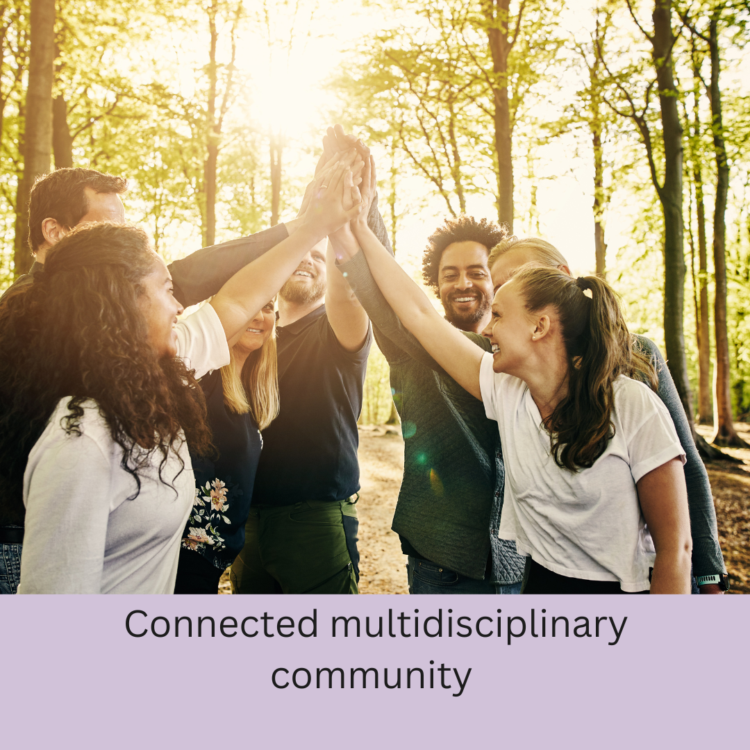
The Fellowship Community
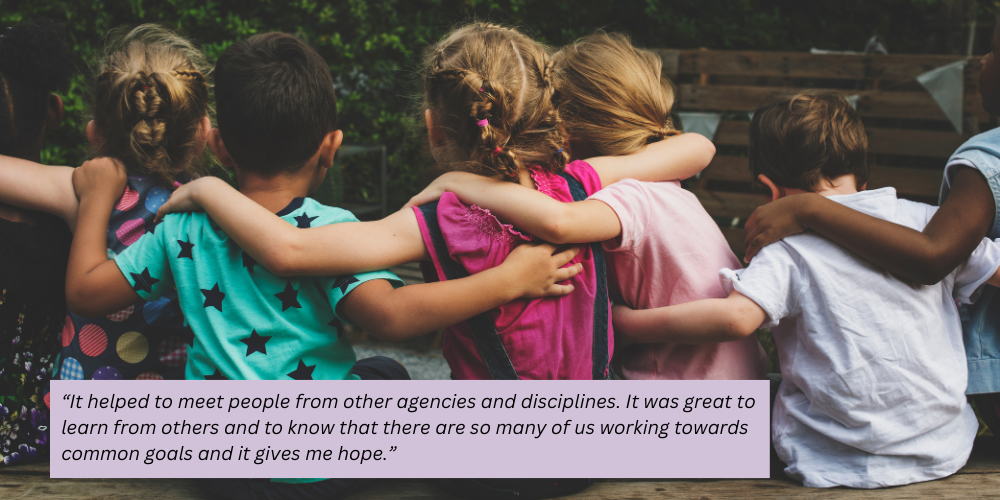
The Early Childhood Fellowship intentionally brings together individuals with a diversity of backgrounds, disciplines, and experiences to create a vibrant community in which a broad range of perspectives can be shared.
What To Expect
The Fellowship is 10 months long and Fellows come together for two days (Friday-Saturday) per month. All Fellowship Live Sessions are held virtually.
Presentations
The Live Sessions include didactic presentations and trainings with national and local leaders and at least 30 CEs are typically available over the course of the Fellowship.
Collaborative Learning Groups
Fellows will participate in small Collaborative Learning Groups as part of the Live Sessions to build relationships with one another and share how they applied their learning from the previous month.
Reflective Practice Groups
Fellows will participate in Reflective Practice Groups each month as part of the Live Sessions to explore the parallel process in the relationships they navigate in their professional lives and explore the impact of their work on their own professional growth and personal wellbeing.
Culminating Projects
On teams of their choosing, Fellows will create a project based on their interests and professional goals to develop their leadership skills and bring about positive change in their organizations and communities.
Online Learning Community
Fellows will connect and collaborate with one another and the Fellowship Team using an online Learning Community to contribute to discussion posts, share reflections on the application of Fellowship learning, and access a library of resources.
